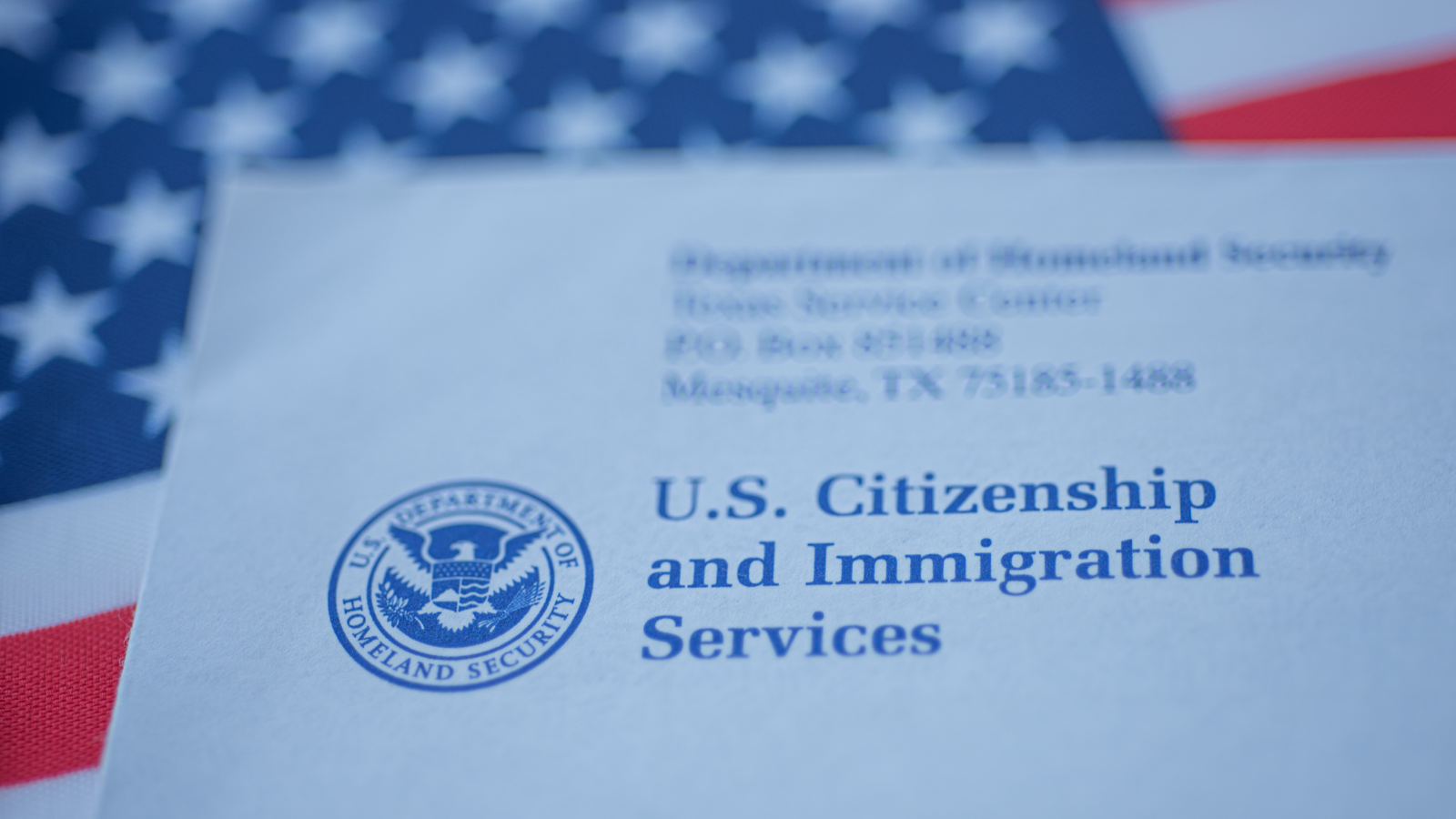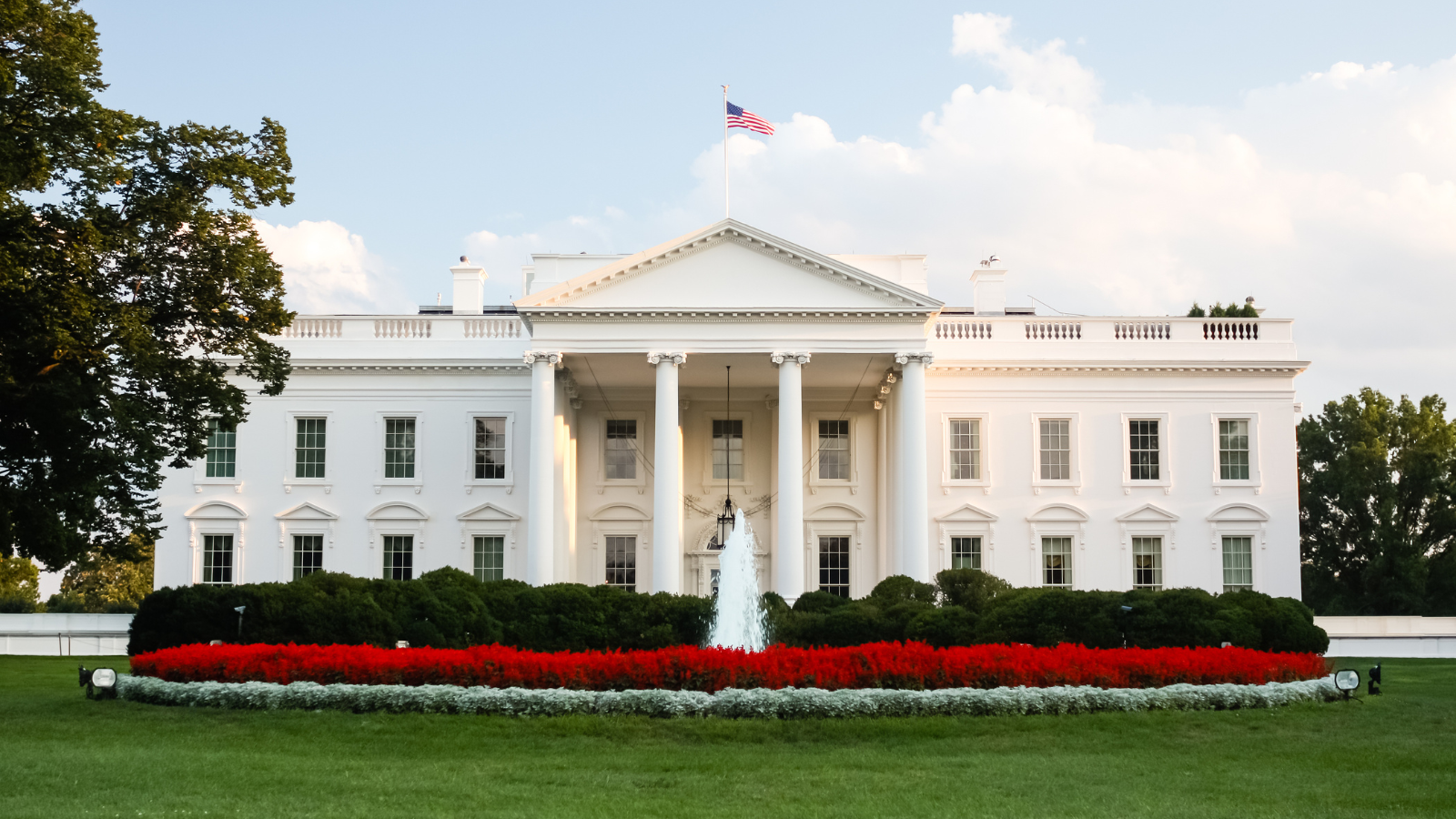Introduction: Immigration Provisions and Birthright Citizenship
As a U.S. immigration attorney, a top priority of mine is to provide clear, accurate information about the significant changes ushered in by the recently enacted “One Big Beautiful Bill Act”, commonly known as Trump’s “Big Beautiful Bill” (OBBBA). Passed by Congress and signed into law on July 4, 2025, this sweeping legislation has reshaped multiple aspects of immigration law, enforcement, and even constitutional rights, such as birthright citizenship.
This article breaks down the bill’s central immigration provisions, new enforcement realities, fee changes, and the current legal landscape around birthright citizenship.
Major Immigration Provisions in the Big Beautiful Bill
1. Expanded Funding for Enforcement and Detention
- Massive Increase in ICE and Border Security Funding:
- ICE received an unprecedented $45 billion to expand detention capacity, effectively doubling the number of beds nationwide and allowing for large-scale detention of both single adults and families.
- Over $75 billion has been allocated for border infrastructure, wall construction, surveillance, and increased personnel for Customs and Border Protection (CBP).
- Implications for Immigrants:
- Expect more aggressive enforcement, faster deportation processes, and increased involvement by local law enforcement in federal immigration efforts.
- Indefinite and expanded family detention has been authorized, undermining prior safeguards that limited how long children could be held in government custody.
- ICE recently announced that they will no longer offer bonds to allow people to get out of jail while they wait to see an immigration judge. This could mean that those detained could spend a significant time in jail while they wait to see an immigration judge because of the immigration court caseloads.
2. Dramatically Increased Fees and Fines
- Visa Integrity Fee:
- Beginning next year, a new $250 fee applies to most temporary work visa applicants, including J-1 cultural exchanges and seasonal workers.Additional new or increased fees now apply for asylum, Temporary Protected Status, and work permits associated with those applications and appeals.
- The bill also introduces new fines associated with immigration apprehensions, for those who fail to show up to their immigration court hearings, and for those who are applying for certain forms of relief while they are in removal proceedings.
- Barriers to Access:
- These higher costs could deter eligible immigrants and lawful visitors from applying for immigration benefits and protections.
3. Reduced Access to Services for Immigrants
- Restrictions on Benefits:
- Many lawful immigrants have lost eligibility for federal benefits like health insurance, nutrition aid, Medicaid, and the Child Tax Credit.
- These cuts could impact millions of children and families connected to an immigrant parent, significantly raising living costs for vulnerable populations.
4. Other Notable Provisions
- Accelerated Deportations:
- The bill invests in faster “expedited removal” processes, with fewer opportunities for immigrants to appear before a judge or seek relief.
- State and Local Enforcement:
- Expands the “287(g) program,” which essentially allows state and local law enforcement to enforce federal immigration law.
Birthright Citizenship: What Has Changed and What Remains in Dispute
The Executive Order and Its Restrictions
- Trump’s Executive Order on Birthright Citizenship:
- Issued on January 20, 2025, the order sought to deny automatic U.S. citizenship to children born on U.S. soil if both parents are either here undocumented or are here on temporary visas.
- This marked a sharp departure from the longstanding interpretation of the Fourteenth Amendment, which grants citizenship to nearly everyone born on U.S. soil regardless of parental status.
Current Status of this Executive Order
- Federal Court Response:
- Several federal courts rapidly blocked the order from being enforced, launching class-action suits to protect the citizenship of all affected children.
- As of July 2025, judges have issued preliminary injunctions prohibiting the executive order from taking effect nationwide, though appeals and legal battles continue.
- Supreme Court Developments:
- The Supreme Court has ruled that universal injunctions are generally not permitted, restricting many lower courts’ ability to block federal policy nationwide. This meant that the executive order could go into effect. However, part of the decision stated that if a case is classified as a class action, a nationwide injunction could be issued by a lower court judge.
- Soon after this Supreme Court decision, class action lawsuits were filed. On July 10, 2025, a U.S. federal judge in New Hampshire issued a new nationwide injunction blocking this order from going into effect by certifying the case as a class action. The government had 7 days to file an appeal, but they have not, so the injunction stays in place for now while this case goes through the court system. Given the significance of this case, it will likely make its way to the Supreme Court, where they will decide whether this Executive Order is constitutional, and they will have the final say.
Bottom Line
- Children Born in the U.S. Remain Citizens—for Now:
- At this moment, a child born in the United States is a U.S. citizen, regardless of the parents’ immigration status.
- However, given ongoing appeals and the evolving legal landscape, it remains crucial to stay informed and consult with an immigration attorney about developments specific to your situation.
Frequently Asked Questions
Q: Does the new bill affect green card or citizenship eligibility for current legal residents?
- A: The bill does not directly revoke green cards or naturalized citizenship. However, it may limit certain government benefits for lawful permanent residents.
Q: If my child was born in the U.S., do they still have birthright citizenship?
- A: Yes, currently, children born in the U.S. are protected by the Fourteenth Amendment’s citizenship clause, regardless of their parents’ status.
- This protection continues to be upheld by court injunctions. Any change will likely be preceded by further legal notices and commentary.
Q: As an employer using temporary workers, what should I prepare for?
- A: Employers in industries reliant on temporary or seasonal immigrant workers should plan for increased costs and potential shortages, as the new Visa Integrity Fee and stricter checks could dissuade foreign workers from coming to the U.S.
Q: Can I be detained more easily now?
- A: Yes, with expanded facilities and ICE staff, enforcement has increased nationwide.
Q: Will this change my eligibility for public benefits?
- A: Many immigrants will lose access to health and nutrition programs, even those who are lawful permanent residents.
Legal Guidance Going Forward
Due to the unprecedented scope and complexity of the Big Beautiful Bill, it is more important than ever to seek professional advice before making decisions related to immigration status, applications, or family planning.
If you have questions about your immigration situation, our office is monitoring all court decisions and administrative updates and will continue to advocate for your rights and provide clear, timely advice.
Sources









